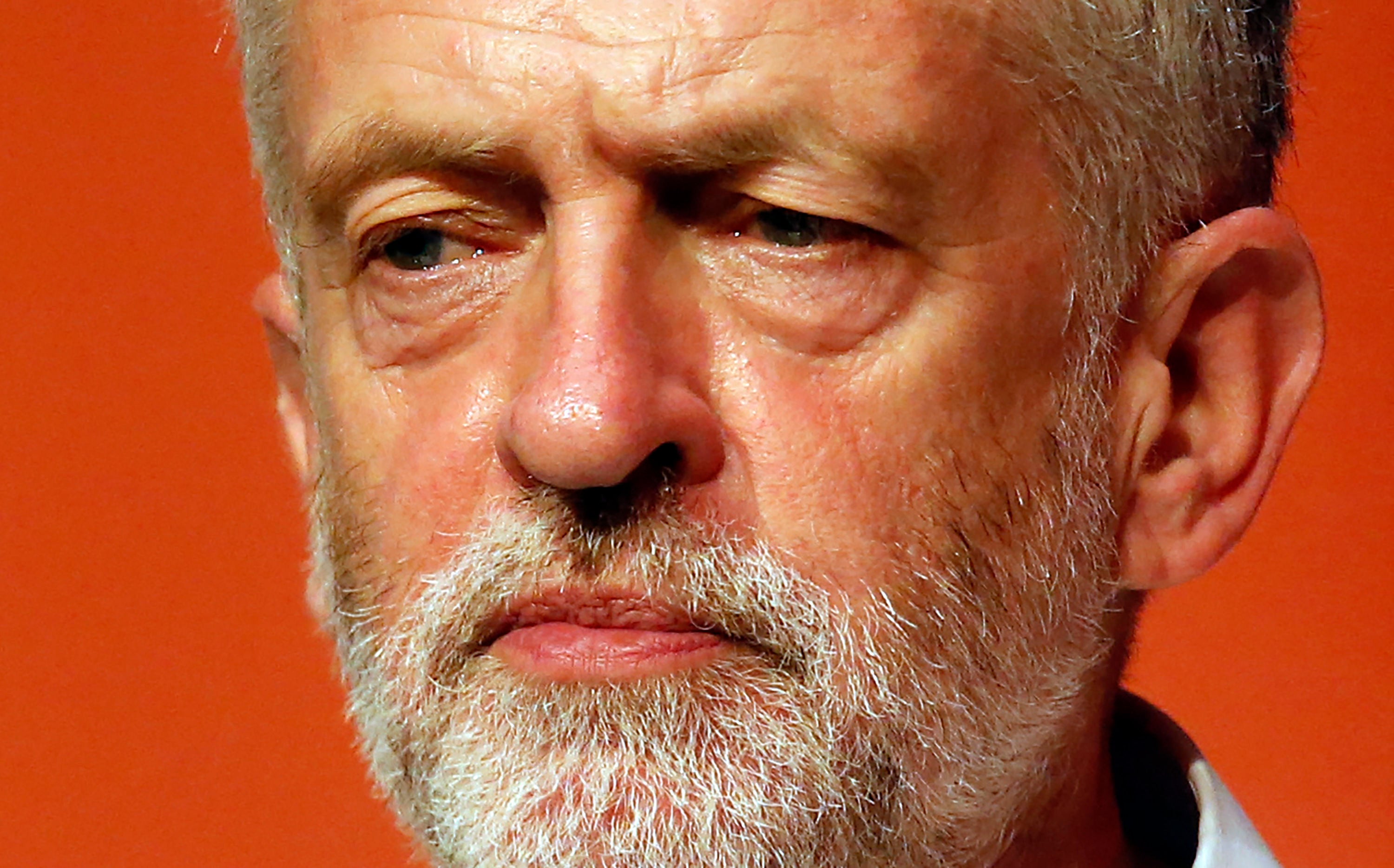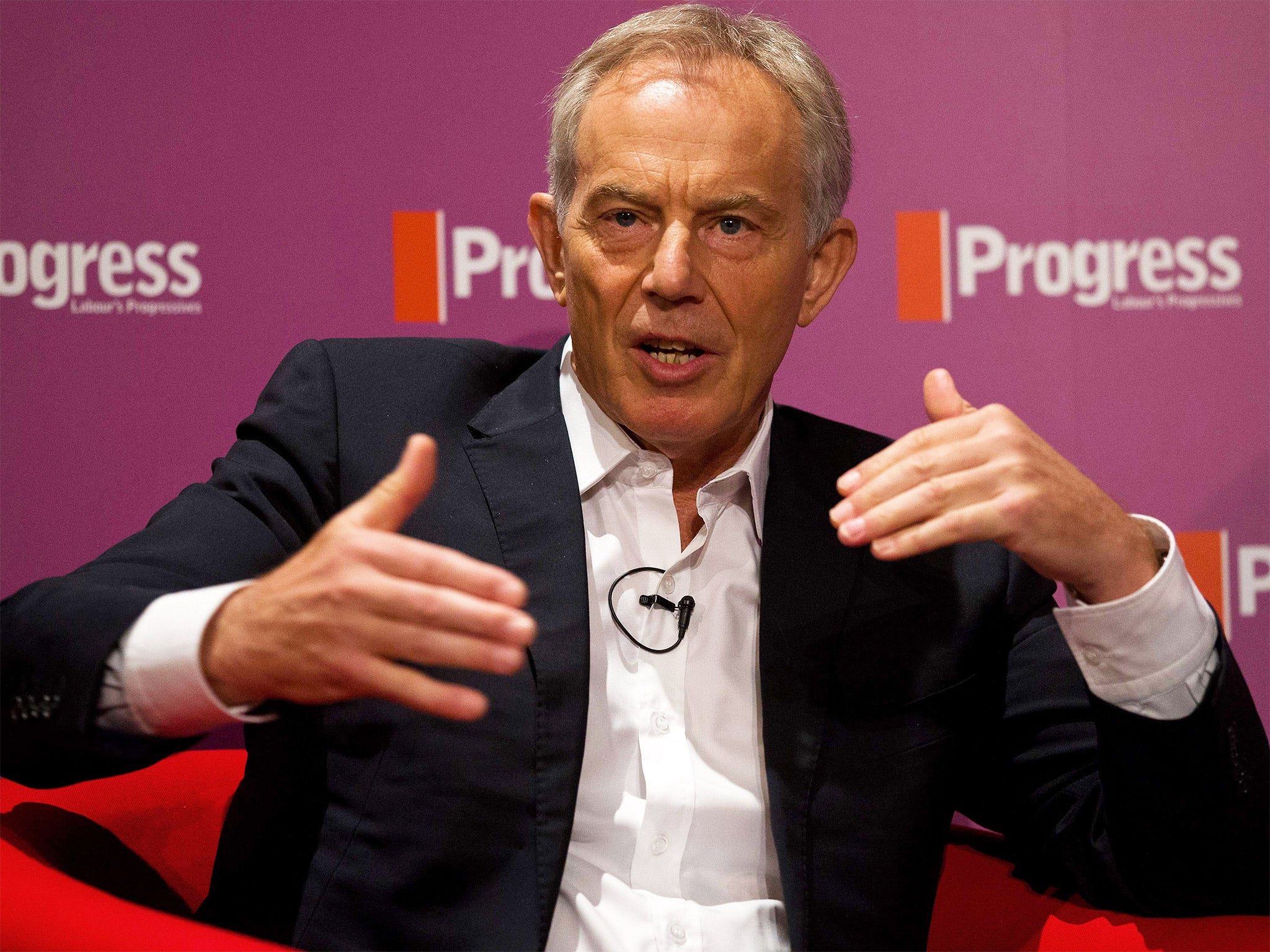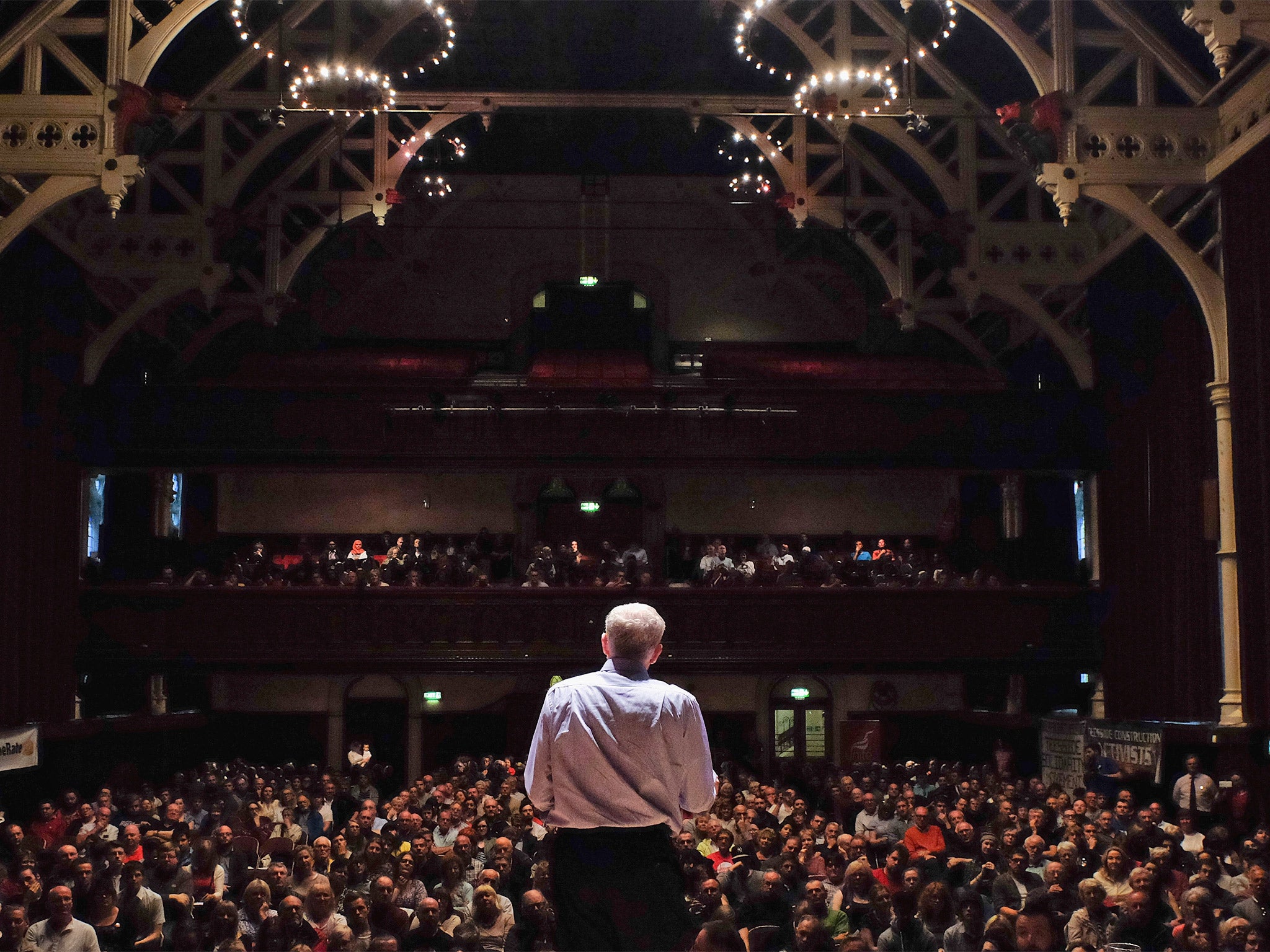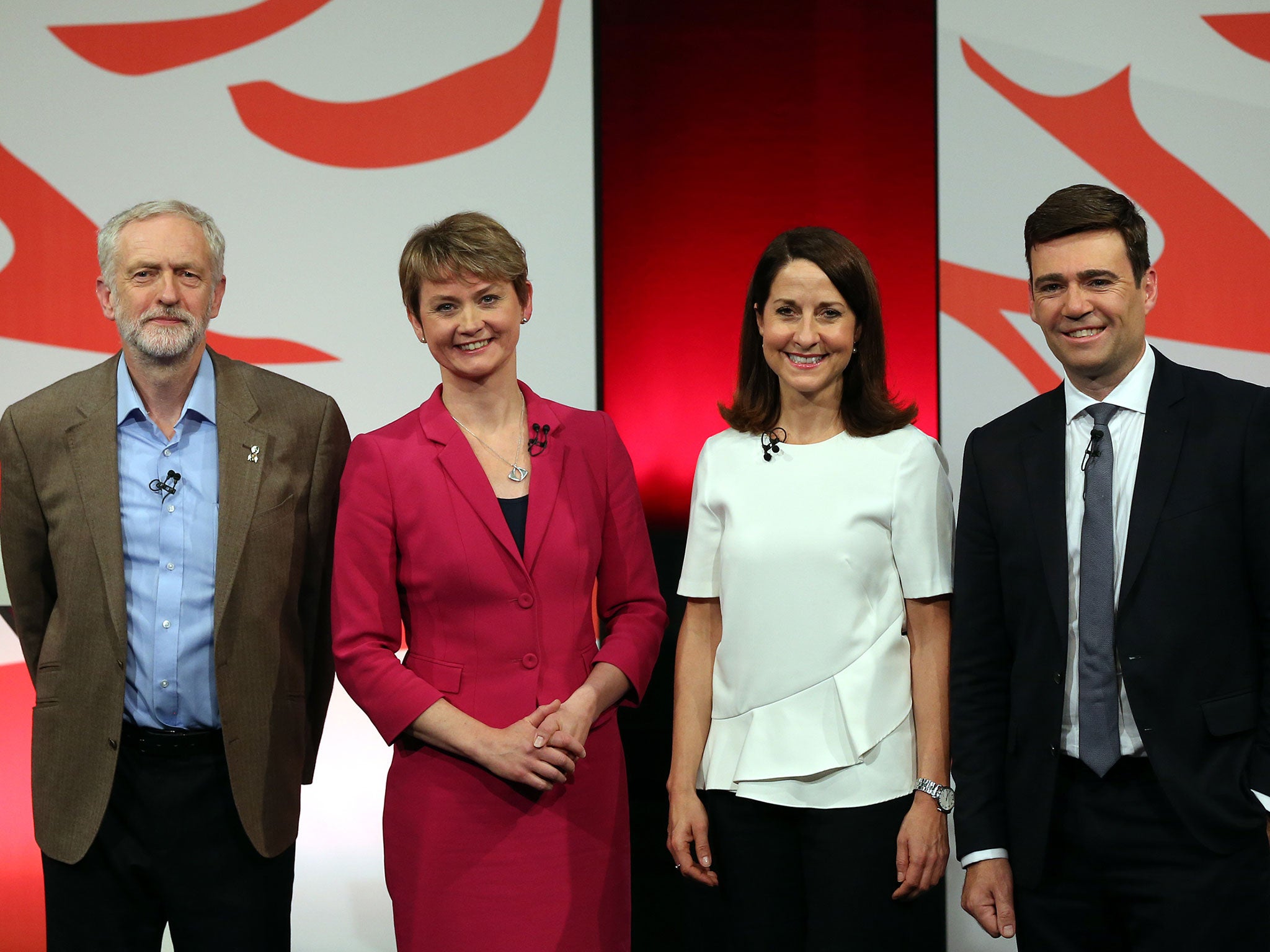4 reasons why Jeremy Corbyn could still lose the Labour leadership election
He's still the most likely winner but there are reasons to be cautious

The current assumption among people watching or commenting on the Labour leadership election is that on Saturday, Jeremy Corbyn will win it.
It’s a good assumption: all indicators we’ve had so far, from local Labour party nominations, to opinion polls, to anecdotal reports of hustings suggest that the left-winger is on course for a landslide.
On balance, he is probably going to win. But the outcome of the contest is far from certain, for a few reasons.
1) The last poll we had pre-dates the real ‘Stop Corbyn’ campaign

The last poll we had showing Jeremy Corbyn ahead was on 10 August – before voting in the contest opened.
Since then we’ve had the Jewish Chronicle newspaper making allegations about some of the people Corbyn has associated with on August 12, which dominated the news for a week.
There have been warnings from everyone in Labour ranging from Tony Blair (13 August), Gordon Brown (16 August) through David Miliband (17 August) and Neil Kinnock (17 August) to John Prescott (22 August) and Jon Cruddas (10 September).
Pretty much every newspaper has published plenty of editorials arguing against electing him.
It may be that none of this has any effect. But if there is an effect, it hasn’t been ‘priced in’ to the polls because the polls were done before it all happened.
2) There’s a reasonable chance the polls are just wrong

There could be methodological problems with the polls. There are few reasons to think this: firstly, the polls were quite wrong at the election and the British Polling Council’s inquiry into why they were wrong hasn’t concluded yet. Thus problems are not likely to have been corrected in full.
The second reason is that it’s even more difficult to poll a leadership contest like this than it is to poll a general election. Part of the challenge of creating an accurate poll is making sure you know who the electorate is comprised of – but in this case the electorate wasn’t even fixed at the time the polls were conducted.
It’s also the first time this voting system has been used for a Labour leadership election so there are few clues about how voters will behave. Things that apply at general elections like turnout filters might not apply the same way in a leadership contest where people have to opt in to vote, but it’s difficult to say exactly how.
YouGov has taken on a big challenge and it’s reasonable to expect the poll to be a bit off. In reality we won’t be able to tell whether a different final result reflects a genuine shift in voting intentions over the last month or the polls being actually off when they were conducted.
3) Lots of people who wanted to vote may not be able to

There are three reasons why a person might not be able to vote in the contest when they want to: they could have been purged for political reasons, they might not have been on the electoral register, or there could have been an administrative error meaning they did not get their ballot.
In all three cases, there are good reasons to think Jeremy Corbyn’s supporters are the most likely to be affected.
Firstly, the political purge overwhelmingly seems to have thrown out left-wingers. The largest chunk of people excluded at the time the last figures were released were Green Party supporters, who overwhelmingly back Corbyn. Other high-profile socialists like the PCS Union’s general secretary Mark Serwotka have also banned from voting.
Secondly, polls have suggested that Corbyn’s campaign appeals most to non-voters. In August he said he wanted to target “young people who didn’t register, and didn’t vote”. Non-voters are, for fairly obvious reasons, least likely to be on the electoral register. They are therefore more likely to have their ballots rejected for not being on the electoral register.
Thirdly, the YouGov poll suggest that Corbyn has a bigger lead with registered supporters than he does with full members – many joined especially to vote for him. Registered supporters only get an email ballot rather than a paper ballot, which means their spam filter depriving them of their email ballot will be more likely to stop them from voting entirely.
At the end of August Labour said it cancelled about 60,000 ballot papers out of an electorate of about 600,000 – many or most of these were thought to be duplicates. The real number of people is thought to be a lot smaller.
More significantly, there were also reports last week that half of ballots issued haven’t been cast and there is anecdotal evidence on social media of people being unable to vote when they want to. That could be indicative of widespread administrative error or simple low turnout.
4) The voting system is designed to stop this happening

The Alternative Vote system makes it very difficult to elect a controversial candidate, because 50 per cent of the electorate have to be prepared to accept them.
Since the last polls the non-Corbyn campaigns have started pushing what Alastair Campbell dubbed the “ABC” vote –Anyone But Corbyn.
We don’t know to what extent non-Corbyn Labour supporters are following their advice to vote for everyone except the frontrunner.
If Corbyn wins in the first round on first preference votes, as polls suggested, this will be irrelevant.
But if the other factors listed above cause his support to fall below the key 50 per cent threshold and the opposition against Corbyn is united, he may yet be deprived of victory. This isn't a first-past-the-post election.
Join our commenting forum
Join thought-provoking conversations, follow other Independent readers and see their replies
Comments
Bookmark popover
Removed from bookmarks